PLoS Compu Biol:研究者利用谷歌算法来寻找肿瘤生物标记物
2012-05-24 T.Shen 生物谷
在谷歌(Google)搜索引擎中键入搜索关键词就可以用来查询癌症病人的蛋白质和其病程进展的相关性。近日,来自德国德累斯顿理工大学的研究者运用了一种修饰过的Google网页算法对遗传相关的胰腺癌进展的2000个蛋白进行评级,相关研究成果刊登在了近日的国际杂志PLoS Computational Biology上,文章中,研究者找到了7个蛋白质,可以帮助预测肿瘤患者的病程进展,同时也给临床上是否给患者

在谷歌(Google)搜索引擎中键入搜索关键词就可以用来查询癌症病人的蛋白质和其病程进展的相关性。近日,来自德国德累斯顿理工大学的研究者运用了一种修饰过的Google网页算法对遗传相关的胰腺癌进展的2000个蛋白进行评级,相关研究成果刊登在了近日的国际杂志PLoS Computational Biology上,文章中,研究者找到了7个蛋白质,可以帮助预测肿瘤患者的病程进展,同时也给临床上是否给患者接受化疗提供了一定的指导意见。
研究者的谷歌算法可以用来发现新的癌症标记物,这些癌症标记物是癌症细胞产生的一些分子,标记物可以帮助我们在体液中检测早期癌症或者直接用活体进行癌症检测。癌症标记物的发现通常很困难,而且费时。另外一个问题是在不同类型癌症中发现的癌症标记物绝对不会重叠。

目前主要是谷歌策略的问题,也就是考虑到网页的内容以及如何讲不同的页面通过超链接进行连接,使用研究者的这种修饰后的模型,研究者可以通过一个物理和调节反应的信号网络将细胞中不同蛋白质的信息进行连接。研究者Christof Winter表示,一旦在我们的分析中加入了网络信息,标记物将会变得可复制,使用网络信息和谷歌算法,早期明显的重叠将会被发现,因此,最终我们将会把蛋白信息进行关联,用来评估胰腺癌的病程进展。
尽管新的标记物已经通过诊断工具进行了改良,但是在其临床应用之前仍需要进行大量的检测,但是其对于开发减缓癌症进程的新药却提供了新的见解,当然了,第一步我们需要团结起来,共同进行研究开发。后期研究者将会进行更多研究来优化这种诊断算法。(生物谷:T.Shen编译)

doi:10.1371/journal.pcbi.1002511
PMC:
PMID:
Google Goes Cancer: Improving Outcome Prediction for Cancer Patients by Network-Based Ranking of Marker Genes
Christof Winter1#*, Glen Kristiansen2#, Stephan Kersting3#, Janine Roy1, Daniela Aust4, Thomas Knösel5, Petra Rümmele6, Beatrix Jahnke3, Vera Hentrich3, Felix Rückert3, Marco Niedergethmann7, Wilko Weichert8, Marcus Bahra9, Hans J. Schlitt10, Utz Settmacher11, Helmut Friess12, Markus Büchler13, Hans-Detlev Saeger3, Michael Schroeder1¶, Christian Pilarsky3¶, Robert Grützmann3¶
Predicting the clinical outcome of cancer patients based on the expression of marker genes in their tumors has received increasing interest in the past decade. Accurate predictors of outcome and response to therapy could be used to personalize and thereby improve therapy. However, state of the art methods used so far often found marker genes with limited prediction accuracy, limited reproducibility, and unclear biological relevance. To address this problem, we developed a novel computational approach to identify genes prognostic for outcome that couples gene expression measurements from primary tumor samples with a network of known relationships between the genes. Our approach ranks genes according to their prognostic relevance using both expression and network information in a manner similar to Google's PageRank. We applied this method to gene expression profiles which we obtained from 30 patients with pancreatic cancer, and identified seven candidate marker genes prognostic for outcome. Compared to genes found with state of the art methods, such as Pearson correlation of gene expression with survival time, we improve the prediction accuracy by up to 7%. Accuracies were assessed using support vector machine classifiers and Monte Carlo cross-validation. We then validated the prognostic value of our seven candidate markers using immunohistochemistry on an independent set of 412 pancreatic cancer samples. Notably, signatures derived from our candidate markers were independently predictive of outcome and superior to established clinical prognostic factors such as grade, tumor size, and nodal status. As the amount of genomic data of individual tumors grows rapidly, our algorithm meets the need for powerful computational approaches that are key to exploit these data for personalized cancer therapies in clinical practice.
本网站所有内容来源注明为“梅斯医学”或“MedSci原创”的文字、图片和音视频资料,版权均属于梅斯医学所有。非经授权,任何媒体、网站或个人不得转载,授权转载时须注明来源为“梅斯医学”。其它来源的文章系转载文章,或“梅斯号”自媒体发布的文章,仅系出于传递更多信息之目的,本站仅负责审核内容合规,其内容不代表本站立场,本站不负责内容的准确性和版权。如果存在侵权、或不希望被转载的媒体或个人可与我们联系,我们将立即进行删除处理。
在此留言




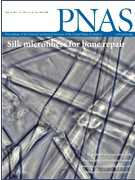
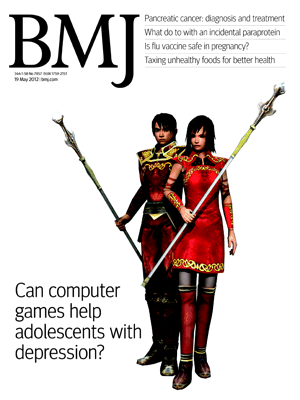

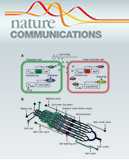
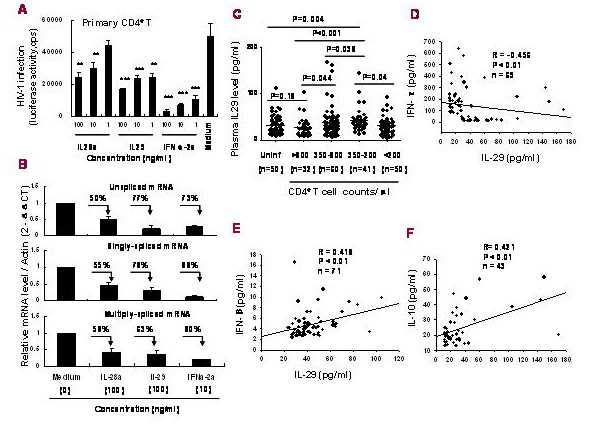
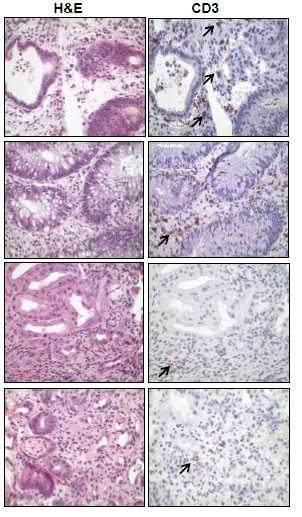




#研究者#
72
#Bio#
73
#标记物#
78
#Biol#
53
#生物标记#
66
#生物标记物#
65
#谷歌#
68